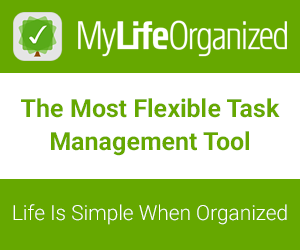When you experience a hearing loss later in your life, you may find that nearly all aspects of your life are changing. You will need to try to keep things as normal as they can be. You can do this by not isolating yourself against depression and staying home more.
Continue to do as much as you can, as much as you used to do before your hearing loss. You may invest in small and discreet hearing aids to help you hear your friends. Discreet hearing aids that are rechargeable are designed to be extremely small and virtually unnoticeable. There are many different brands, styles, and sizes for both men and women.
Avoiding Depression
When you turn down invitations to go out with your friends, you are isolating yourself. This can lead to depression, which not only impacts your mental health but your physical health as well.
You may not want to join every outing with your friends and family, but you should go out at least twice a month. This will help you stay connected to your “people” and keep you engaged in the outside world.
While you are at home, find a hobby you enjoy. Keep your mind and your hands busy. You do not need your hearing to engage in many different activities you can do alone in your home. Even if you enjoy watching movies and television shows, you can do that with the closed caption on, which will help you understand what the actors are saying.
Keeping Your Independence
When you experience a hearing loss after a number of years of hearing well, you may think you are doomed to rely on others for even the simplest things. This is not true. People who lose their hearing later in life are able to adjust with little or no fear of losing their independence.
There are a number of ways someone with hearing loss can continue to work, shop and interact with others. Learning American Sign Language is but one way to stay connected to a large group of individuals in the deaf community, even if you are not completely deaf.
Do not be afraid to venture out on your own. If you have lost your hearing later in life, you still have a voice. Use your voice to communicate with people, such as wait staff, clerks and doctors, to ensure you are getting the help you need. People are more empathetic than you may think.
Work From Home
If you can, find something to do for a living at home. There are hundreds of thousands of jobs that do not require listening or speaking skills. There is an increasing number of computer jobs available for those who know how to navigate the Internet and can use a keyboard fairly fast.
When you lose your hearing, remember, you are still a capable and integral part of society. Your skills are needed, just as before you lost your hearing. And with the new technology in hearing aids, you can continue with your normal daily life if you choose.
The choice is yours to remain a part of your friends and family’s life; a loss of hearing is not the end of your social life.
Image Credits: Andre Hunter




Like this article? Share with your friends!